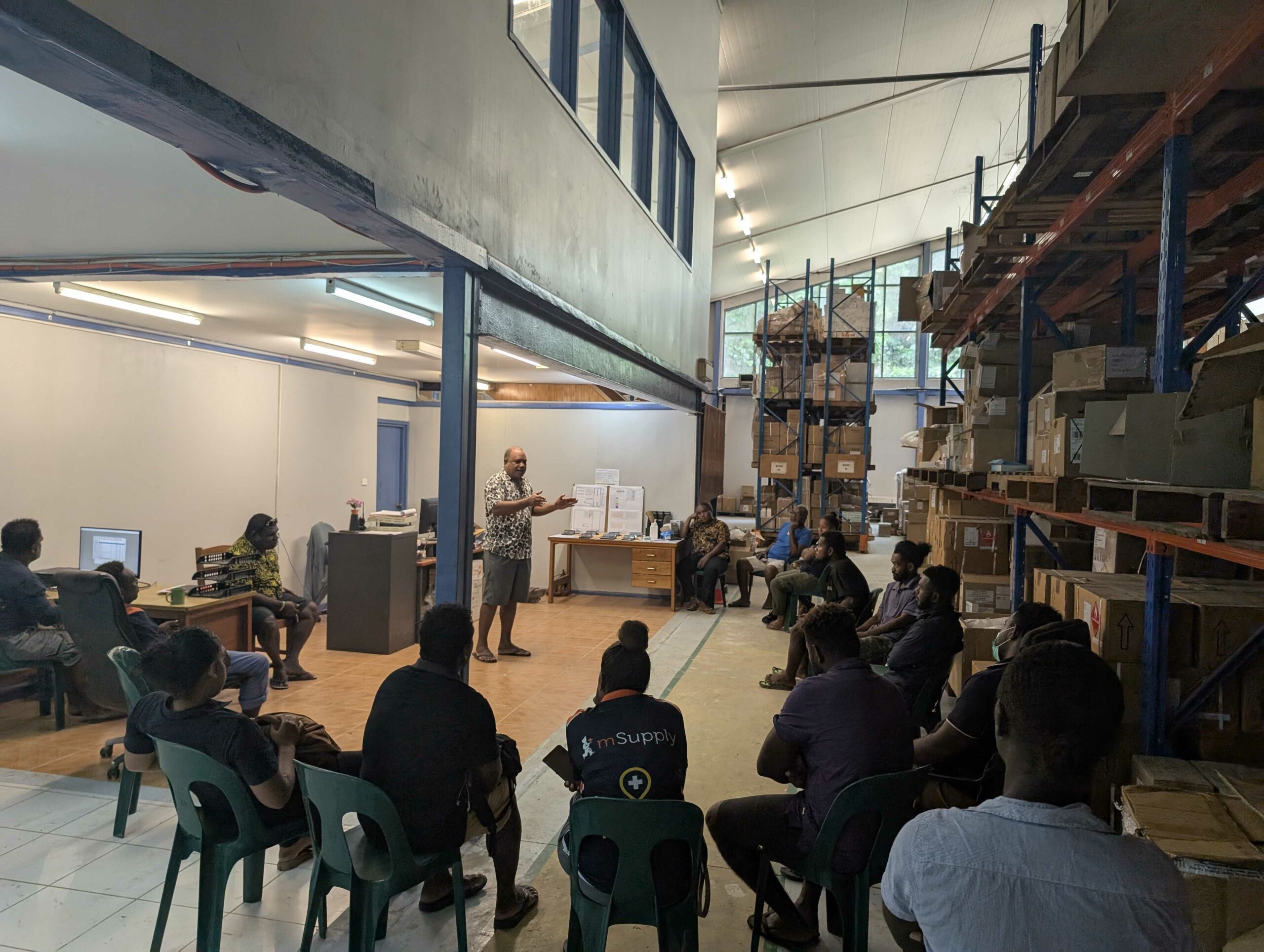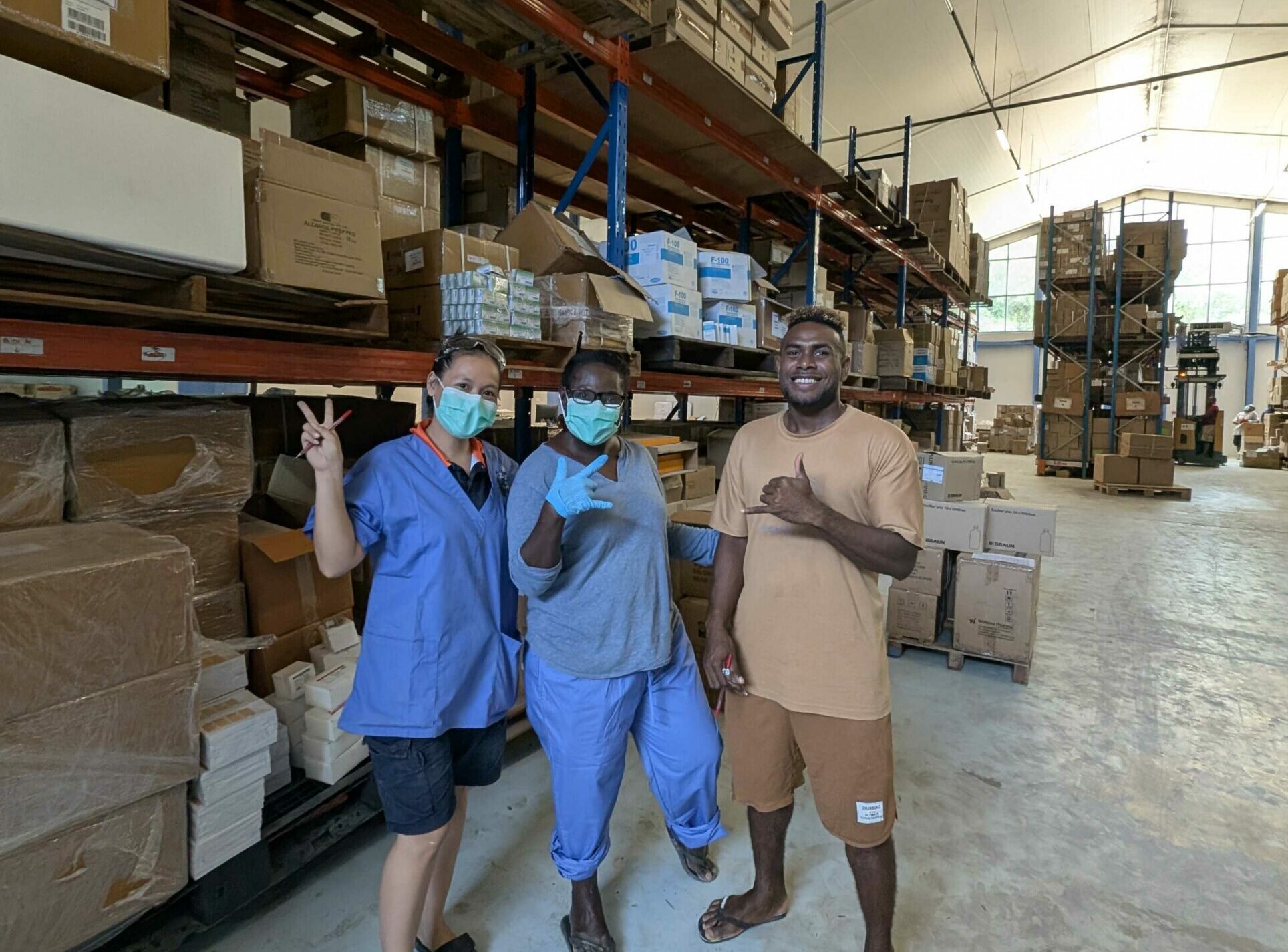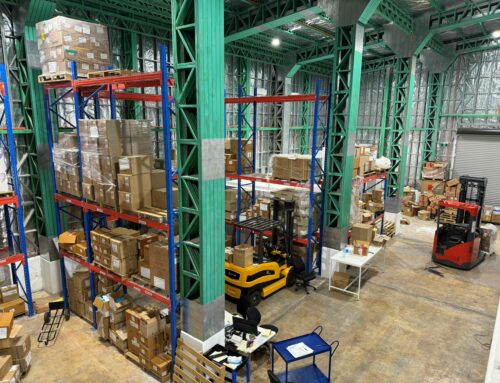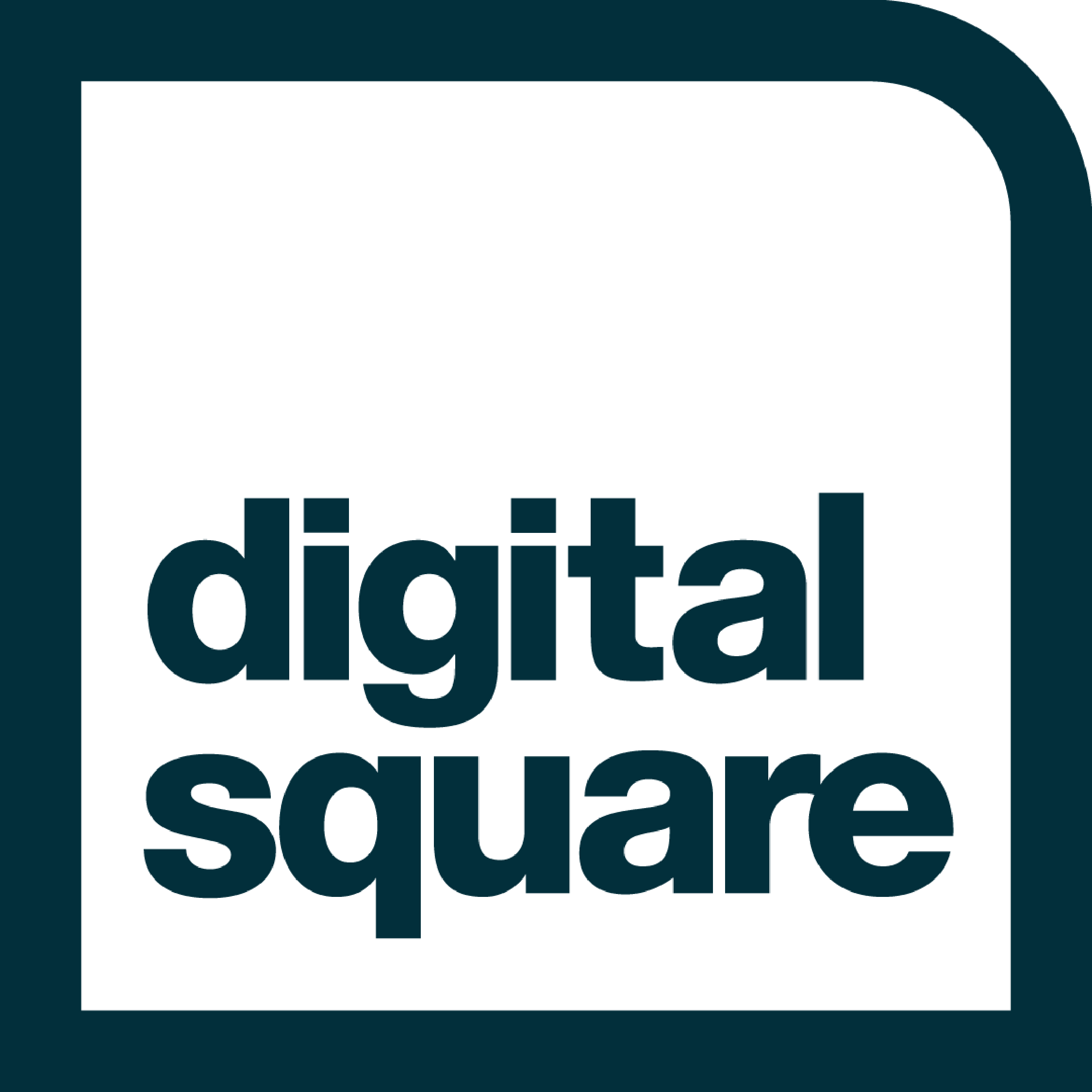Transforming Health Supply Chain Management with mSupply Report Cards
In healthcare settings, especially in resource-limited environments, effective supply chain management can mean the difference between life and death. When medicines and essential supplies aren’t available in the right place at the right time, patients suffer. Measuring the performance of individual health facilities from a supply chain perspective has always been difficult however, as managers need to take into account multiple, inter-related metrics.
That’s why BES has partnered with mSupply Foundation to develop an innovative solution: mSupply report cards.
The Challenge of Supply Chain Visibility
For years, health facility managers and donors alike have grappled with a common question: “How well are our supply chains actually performing?” Traditional monitoring approaches often involve time-consuming site visits, unreliable manual reporting, or reactive interventions after problems have already occurred.
Without real-time, objective metrics, health systems struggle to:
- Identify underperforming facilities before stockouts impact patient care
- Allocate support resources efficiently to facilities that need them most
- Demonstrate accountability to donors and stakeholders
- Create a culture of continuous improvement at the facility level

mSupply Report Cards: Data-Driven Performance Measurement
The mSupply report card system represents a breakthrough in supply chain monitoring. By leveraging data already captured in the mSupply software platform, these monthly scorecards provide an automated, objective assessment of each facility’s supply chain performance.
Each facility receives a score out of 10 possible points, calculated from key performance indicators that matter most to patient outcomes and operational efficiency:
- Critical items availability (2 points): The most important metric, showing whether essential medicines and supplies are in stock when needed
- Days since last transaction (2 points): Indicates regular system usage and operational activity
- Days since last stocktake (1 point): Ensures inventory accuracy through regular physical counts
- Pending customer invoices (2 points): Measures whether stock issuance processes are being completed properly
- Outstanding supplier invoices (2 points): Tracks efficient receipt of incoming supplies
- Pending purchase orders/Internal orders (1 point): Monitors procurement and ordering processes

From Data to Action
What makes the report card system truly powerful is how it translates complex supply chain data into actionable insights:
- Simple traffic light scoring system: Facilities scoring 9-10 points (green) are performing excellently, 5-8 points (orange) need some support, and 0-4 points (red) require urgent intervention. The traffic light scoring system is available in real-time (for facilities using mSupply)
- Focus on critical item availability: Beyond the overall score, special attention is given to stock availability of essential items. Facilities with less than 80% availability of critical items are flagged for immediate support.
- Targeted improvement opportunities: The breakdown of performance by specific KPIs allows support teams to precisely identify which aspects of supply chain management need strengthening at each facility.
The individual facility scores can then be compiled into a national average score, giving a snapshot of national supply chain performance that is of course combined with other metrics, such as procurement data, wastage, and order processing times.
Of course, the report cards don’t do everything – automation of some reporting is fantastic but you still need engaged, qualified supply chain supervisors who can respond to identified issues, you need on-site visits to verify and backup automated tools and you need the resources to be able to action change. But the report cards provide a wonderful first step in allowing managers to allocate all of these finite resources most appropriately.
To date, BES have implemented the report cards across Fiji, Solomon Islands, Tuvalu, Samoa, Nauru, Palau, Niue, and Cook Islands. They work only in those facilities that use mSupply, so the coverage in each country varies based on mSupply deployments.
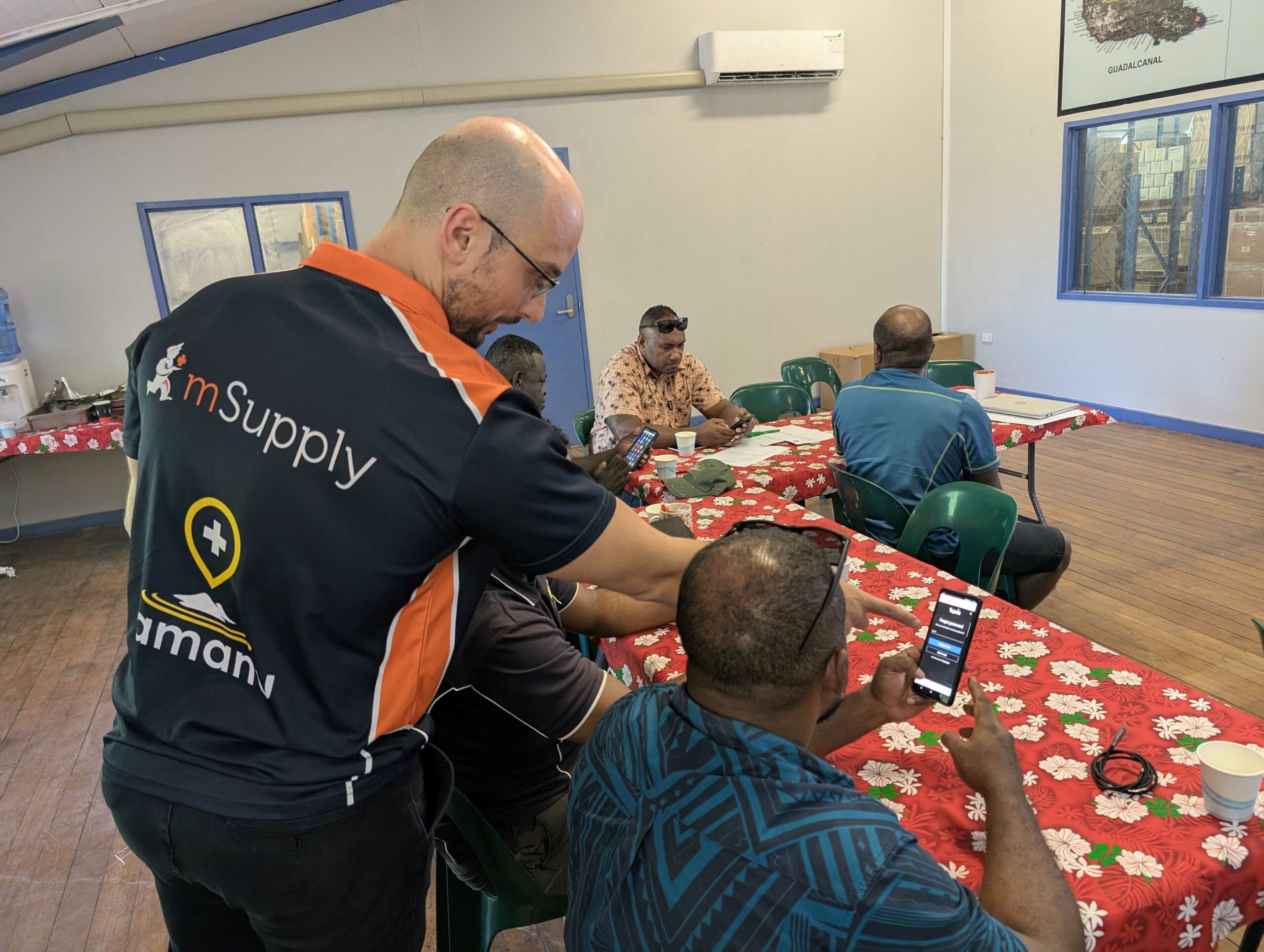
Real Impact for Multiple Stakeholders
The mSupply report card system creates value throughout the healthcare ecosystem:
For health facility managers: Clear, regular feedback on performance with specific areas for improvement. The scoring system creates healthy competition and motivation for continuous improvement.
For health system administrators: Real-time visibility into network-wide performance, allowing better allocation of limited supervisory and support resources to the facilities most in need.
For donors and implementing partners: Objective evidence of supply chain performance improvements over time, demonstrating return on investment and identifying where additional resources may be needed.
For patients: Most importantly, the system helps ensure that life-saving medicines and supplies are available when and where they’re needed.
The Path Forward
As health systems across the region face increasing pressure to do more with limited resources, tools like the mSupply report card system represent the future of efficient, data-driven supply chain management. By transforming complex data into simple, actionable metrics, these scorecards enable a proactive approach to supply chain challenges.
Through our partnership with mSupply Foundation, BES is committed to expanding this innovative approach to more health facilities and systems globally. We invite potential donors and users to join us in this effort to strengthen health supply chains and, ultimately, improve healthcare delivery for the communities who need it most.
BES works in partnership with mSupply Foundation to strengthen health systems through innovative digital solutions for supply chain management.
